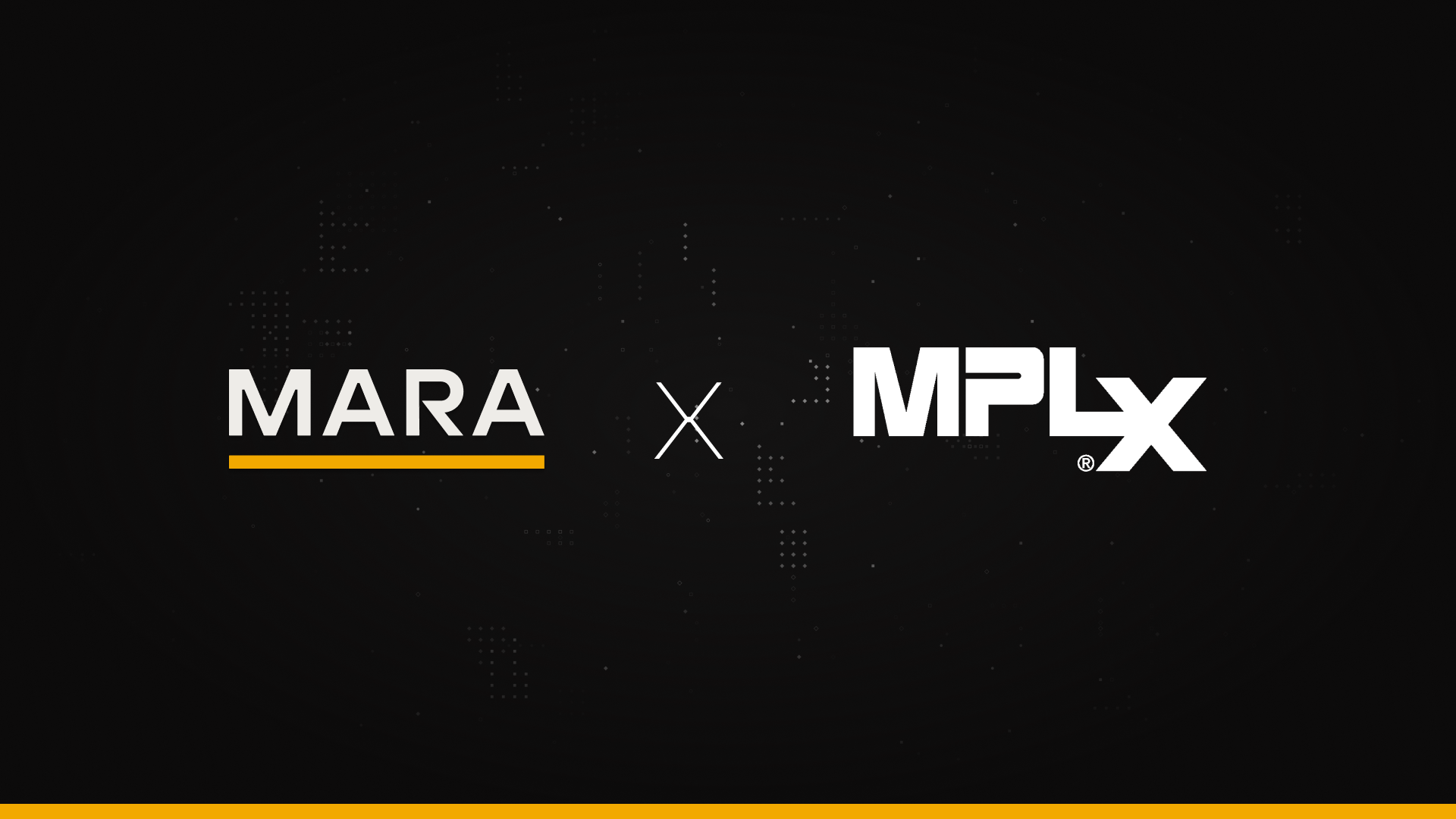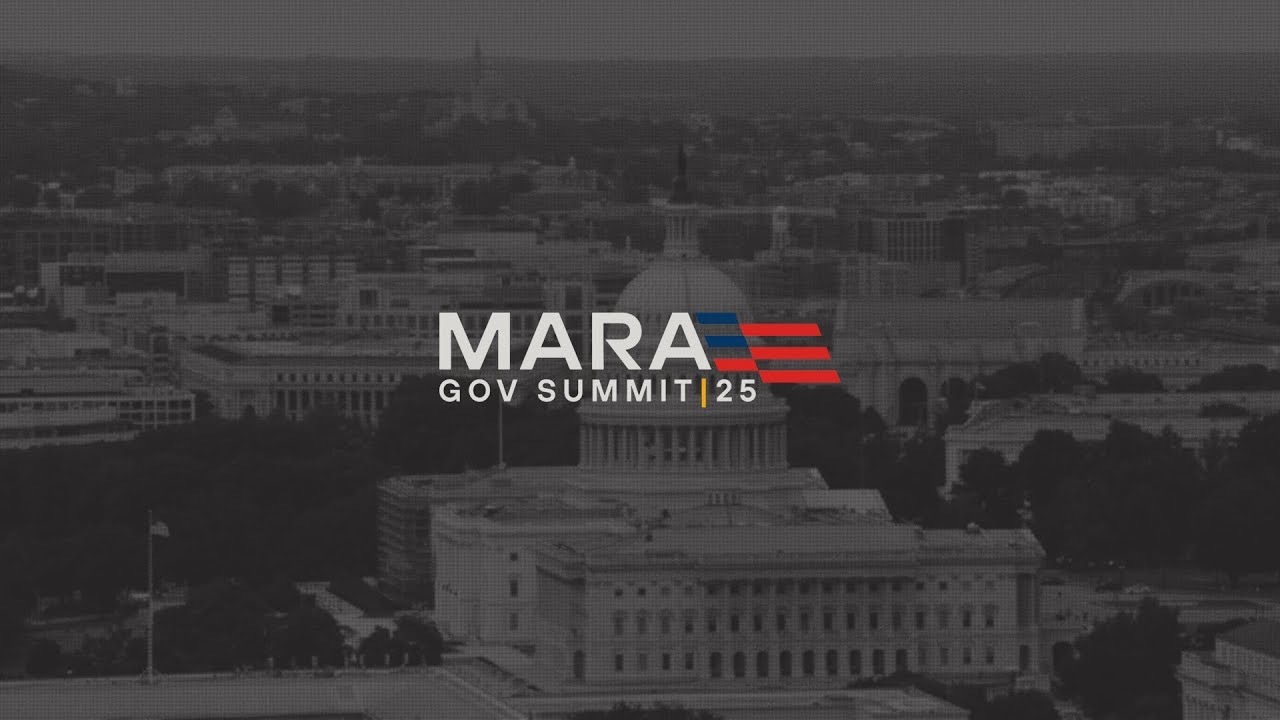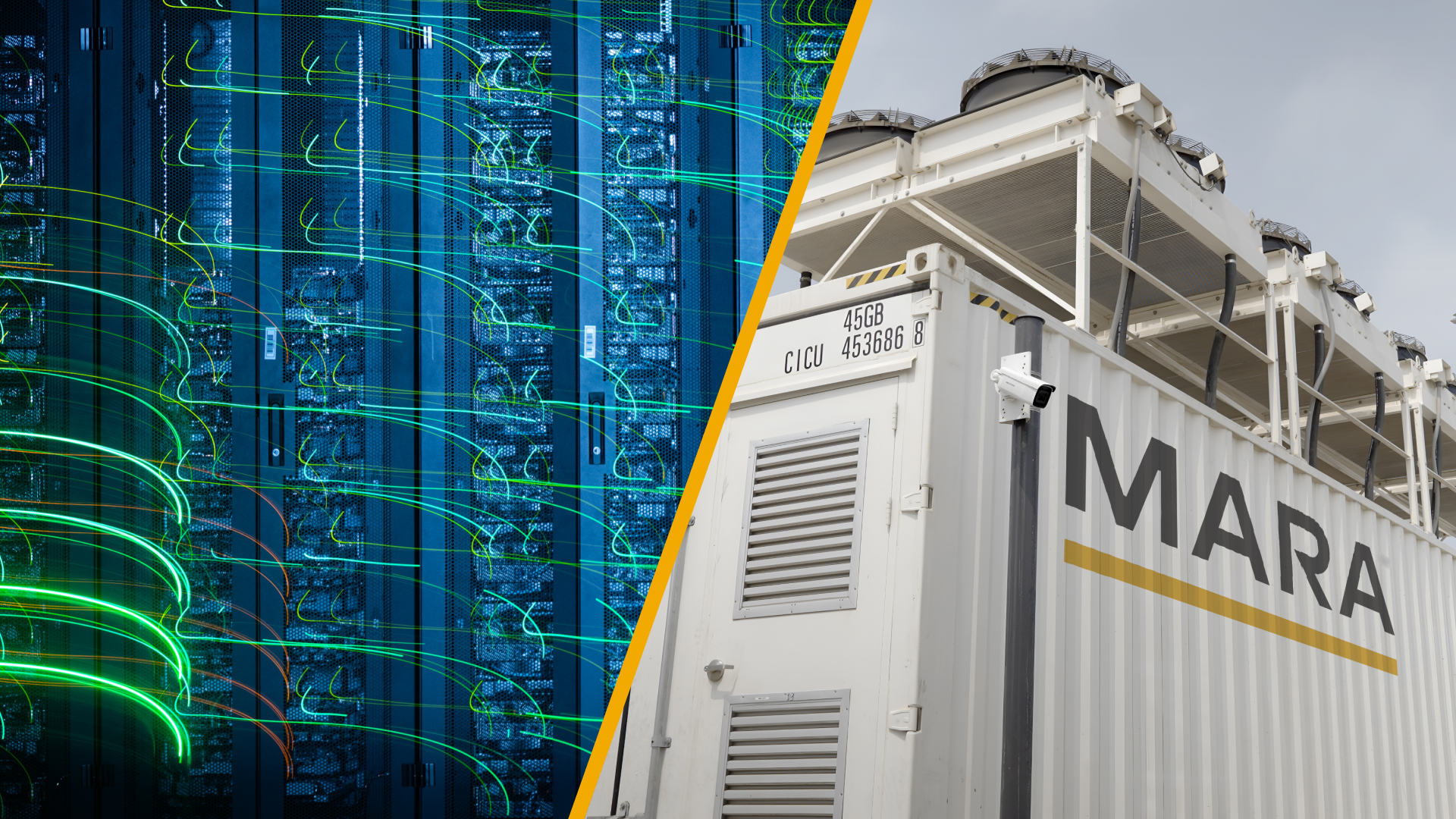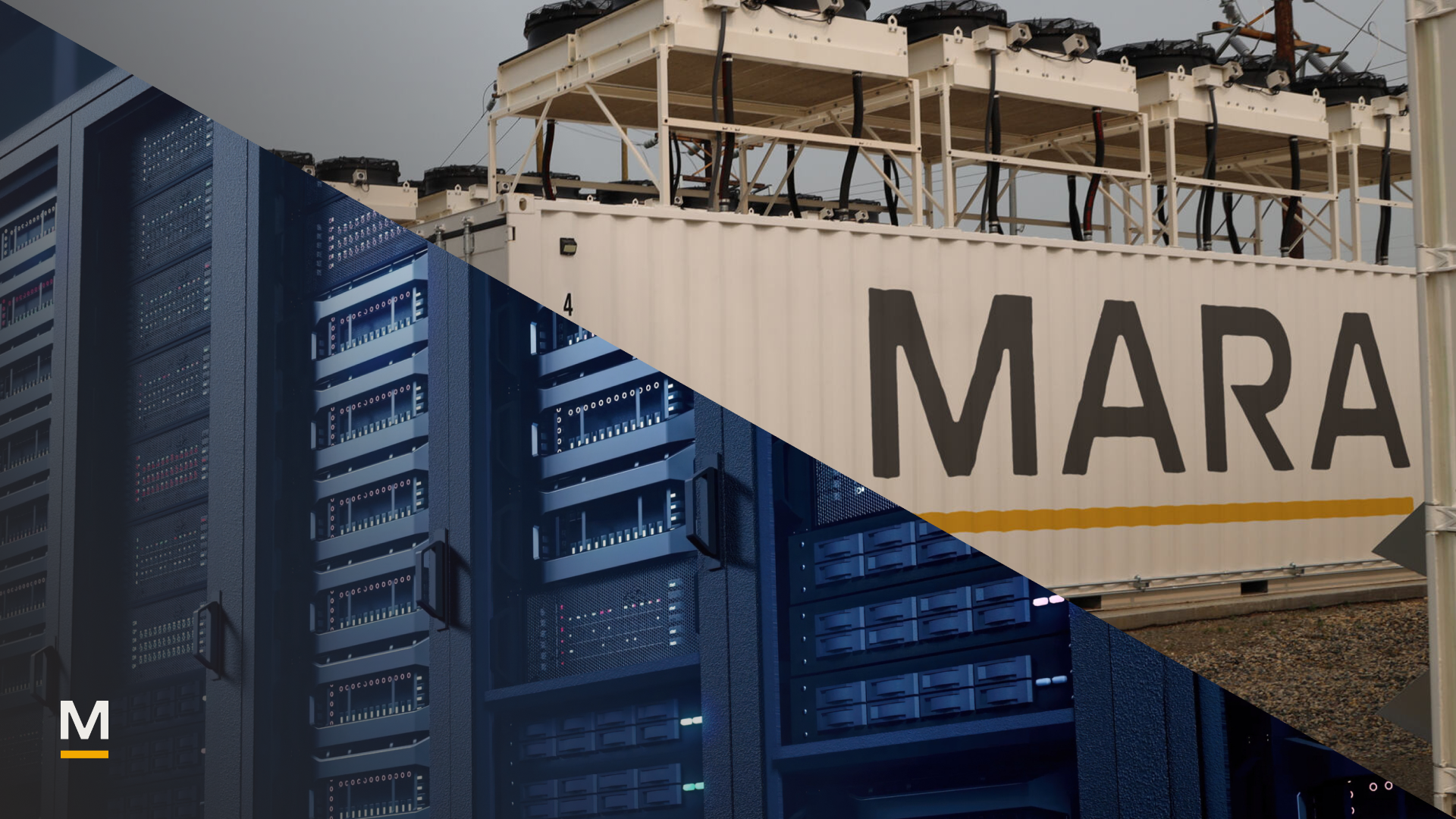Insights
Stay up to date with the latest news & insights
Thank you! Your submission has been received!
Oops! Something went wrong while submitting the form.
MARA at FII9: Sharing a Vision for Smarter Energy & Compute

Announcement
MPLX & MARA Announce Collaboration on Integrated Power Generation & Data Center Campuses in West Texas
MPLX & MARA Announce Collaboration on Integrated Power Generation & Data Center Campuses in West Texas
The AI Energy Revolution: Turning Electrons into Value

Video
MARA’s Inaugural Government Summit: Powering the Future of Bitcoin, AI, & Energy
MARA’s Inaugural Government Summit: Powering the Future of Bitcoin, AI, & Energy

Report
Unlocking Abundance in the Age of Bitcoin: A New Architecture for Energy & Finance
Unlocking Abundance in the Age of Bitcoin: A New Architecture for Energy & Finance

Report
MARA’s 2024 Social Responsibility Report: Advancing the World’s Energy Systems
MARA’s 2024 Social Responsibility Report: Advancing the World’s Energy Systems

.png)
